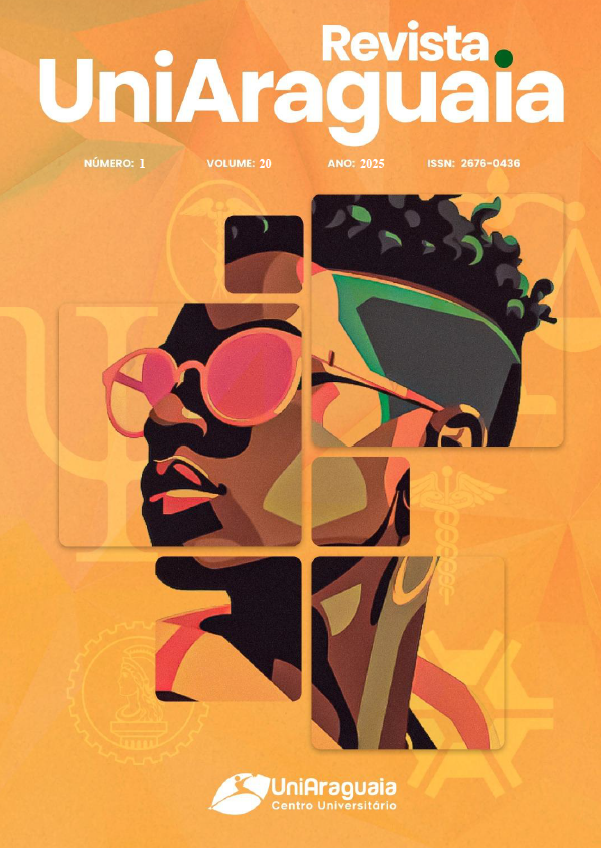BEM-ESTAR SUBJETIVO, CAPITAL PSICOLÓGICO POSITIVO NO TRABALHO E TRANSTORNO EMOCIONAL COMUM EM TRABALHADORES PÓS-ISOLAMENTO SOCIAL
Abstract
Nos últimos anos a relação trabalho-saúde tem preocupado gestores e pesquisadores na área organizacional e do trabalho quanto aos incentivos financeiros, talentos e produtividade, mas, também, em compreender a implementação e manutenção de estratégias de gestão e comportamento organizacional sobre as demandas laborais. Investir na avaliação da sobre a satisfação e bem-estar pessoal e na dinâmica do investimento emocional do trabalhador contribui para o desenvolvendo de habilidades positivas no ambiente de trabalho. Pretendeu avaliar a relação entre o bem-estar subjetivo, capital psicológico positivo no trabalho e transtorno emocional leve em trabalhadores brasileiros. Participaram 202 trabalhadores em diversas especialidades, respondendo o questionário de bem-estar subjetivo, capital psicológico positivo no trabalho, transtorno emocional leve e dado sociodemográfico e profissional. Observaram-se que as escalas foram consistentes e que houve uma relação positiva da dimensão do bem-estar subjetivo positivo, capital psicológico positivo e estas, negativamente, com a ansiedade, depressão e estresse; na Anova, quanto maior o escore médio no bem-estar positivo, maior no capital psicológico positivo e menor no transtorno emocional. Em termos gerais, ajustar-se emocionalmente depende da busca de propósito da própria pessoa. Pensar um pouco mais em si é condição de melhoria da vida psíquica e física. A saúde do trabalhador não é exclusividade da empresa, é preciso que o trabalhador perceba, avalie e invista nos mecanismos psicológicos de forma a assimilar e desenvolver quanto fator de proteção.
Downloads
Published
Issue
Section
License

This work is licensed under a Creative Commons Attribution 4.0 International License.
The copyright of the published articles will be transferred to the Uniaaraguaia Magazine, allowing its subsequent reproduction as transcription and with due citation of source. In the event of acceptance and before the publication of the article, the plaintiff (s) shall write a statement formally transferring copyright to the magazine.
The author may also print and distribute copies of his article, provided that he mentions that the rights belong to the Uniaaraguaia Magazine.
Author rights include the right to reproduce in full or partly by any means, distribute this article, including figures and photographs.
By submitting originals to the Uniaaraguaia magazine, the author or authors express agreement with the following terms:
a) Authors maintain copyright and grant Uniaraguaia magazine the right of first publication, with the work simultaneously licensed under the Creative Commons Attribution license that allows the sharing of work with recognition of the authorship and initial publication in this magazine.
b) Authors are authorized to assume additional contracts separately, for non-expiration distribution of the work version published in this magazine (eg publish in institutional repository or as book chapter), with recognition of authorship and initial publication in this journal.
c) Authors are allowed and are encouraged to publish and distribute their work online (eg in institutional repositories or on their personal page) to any point before or during the editorial process, as this can generate productive changes as well as increase the impact and citation of published work.

